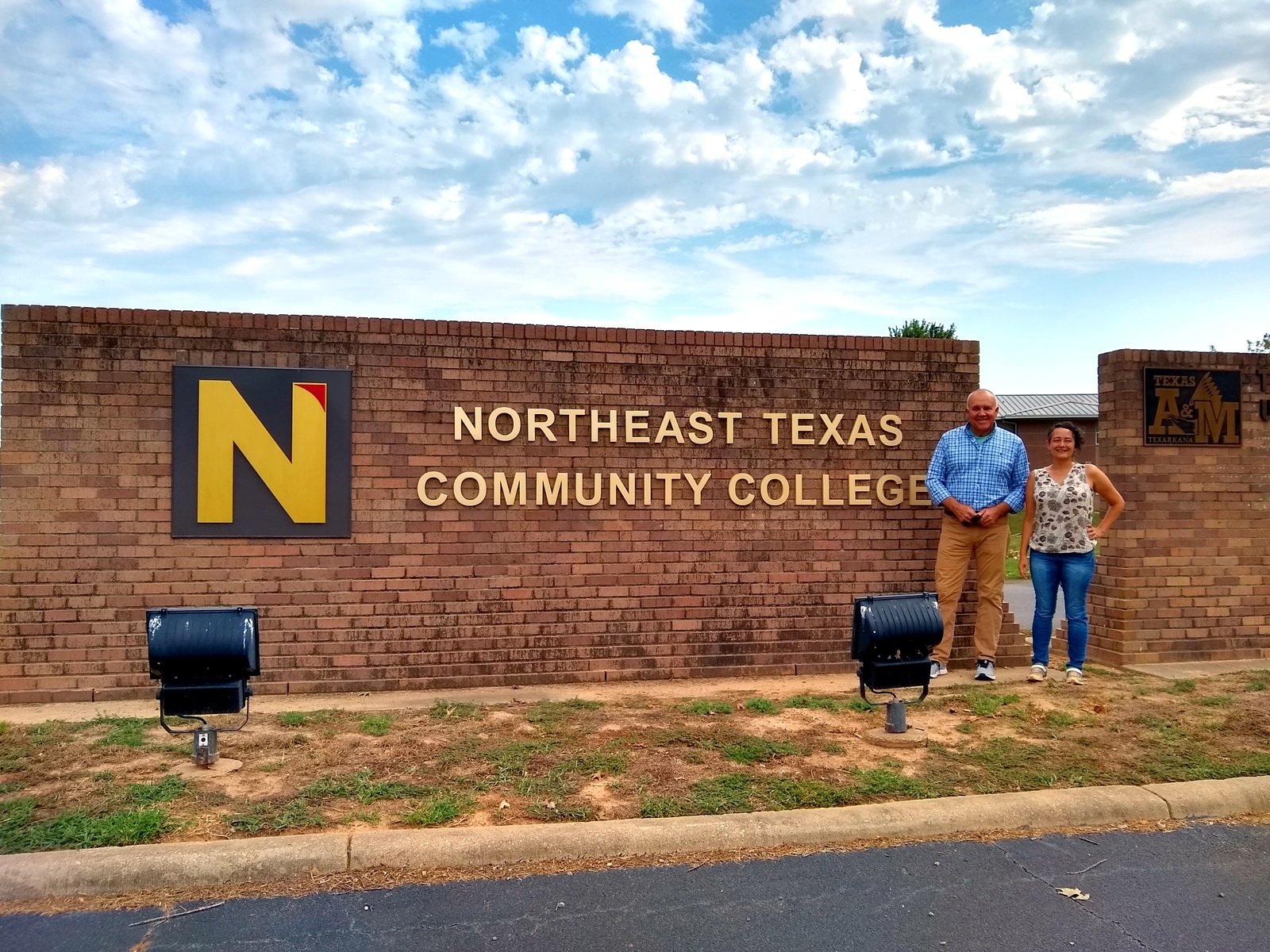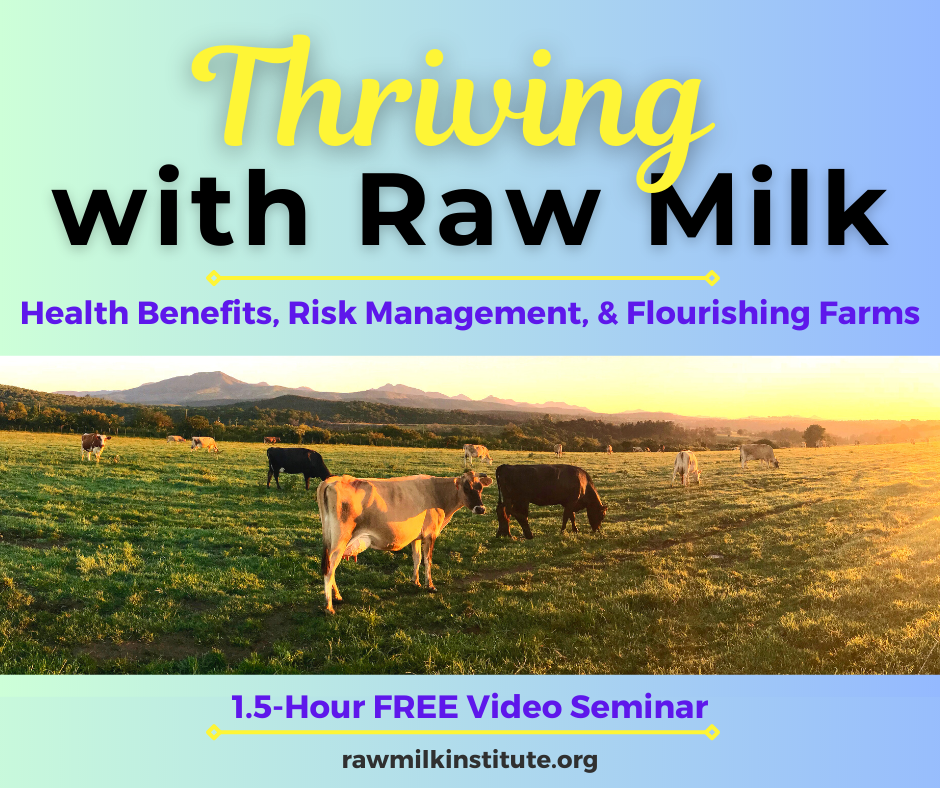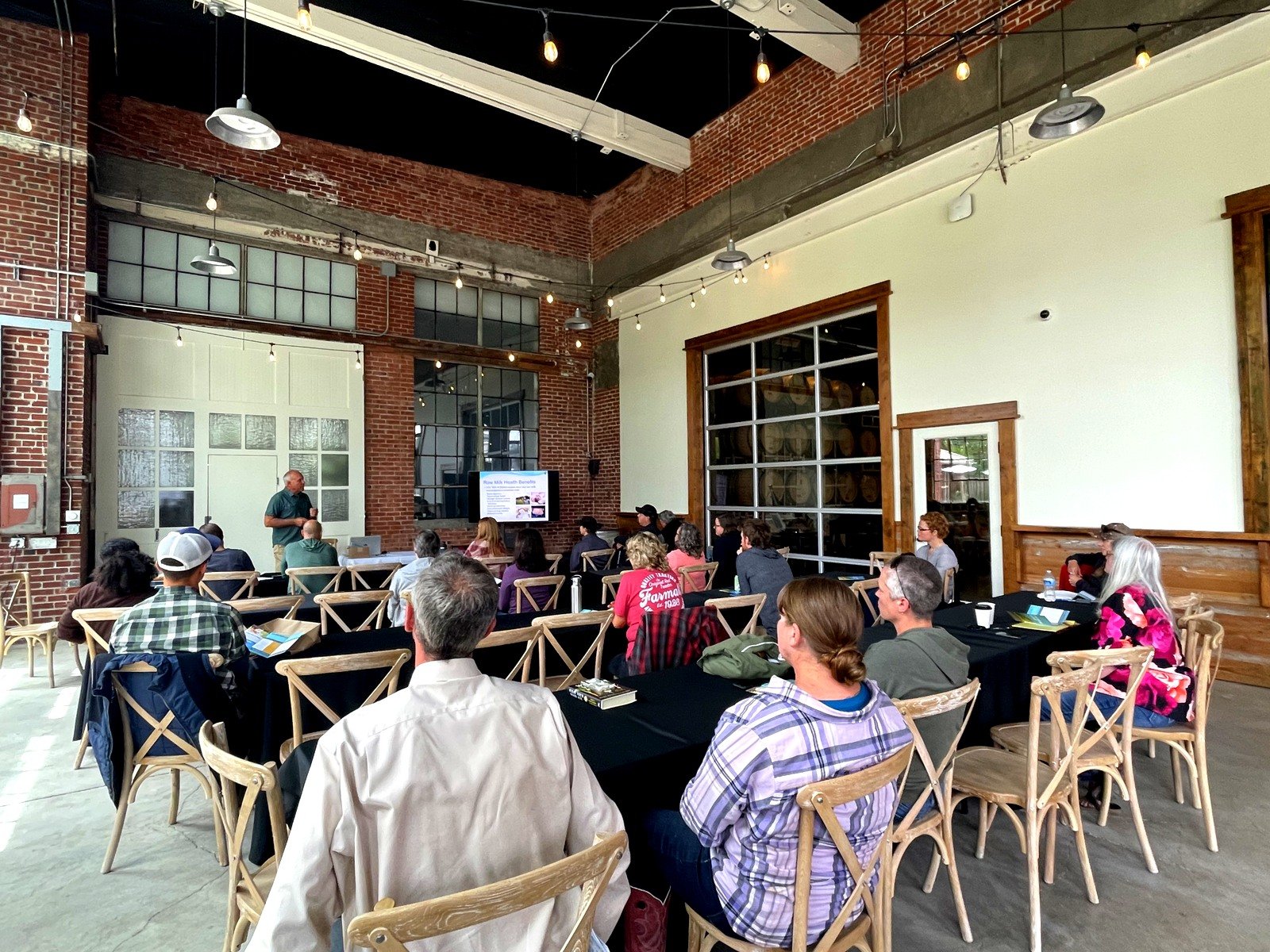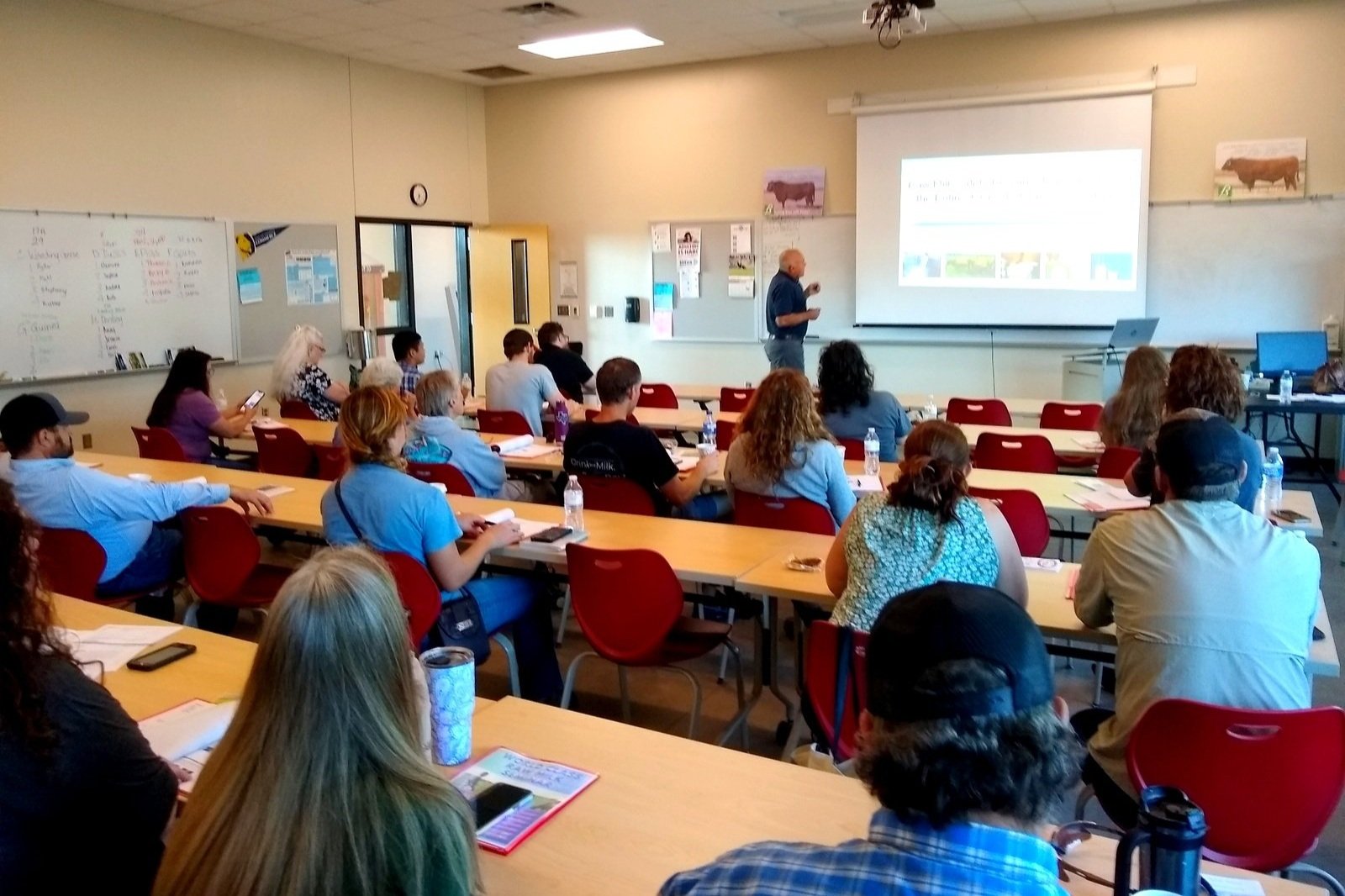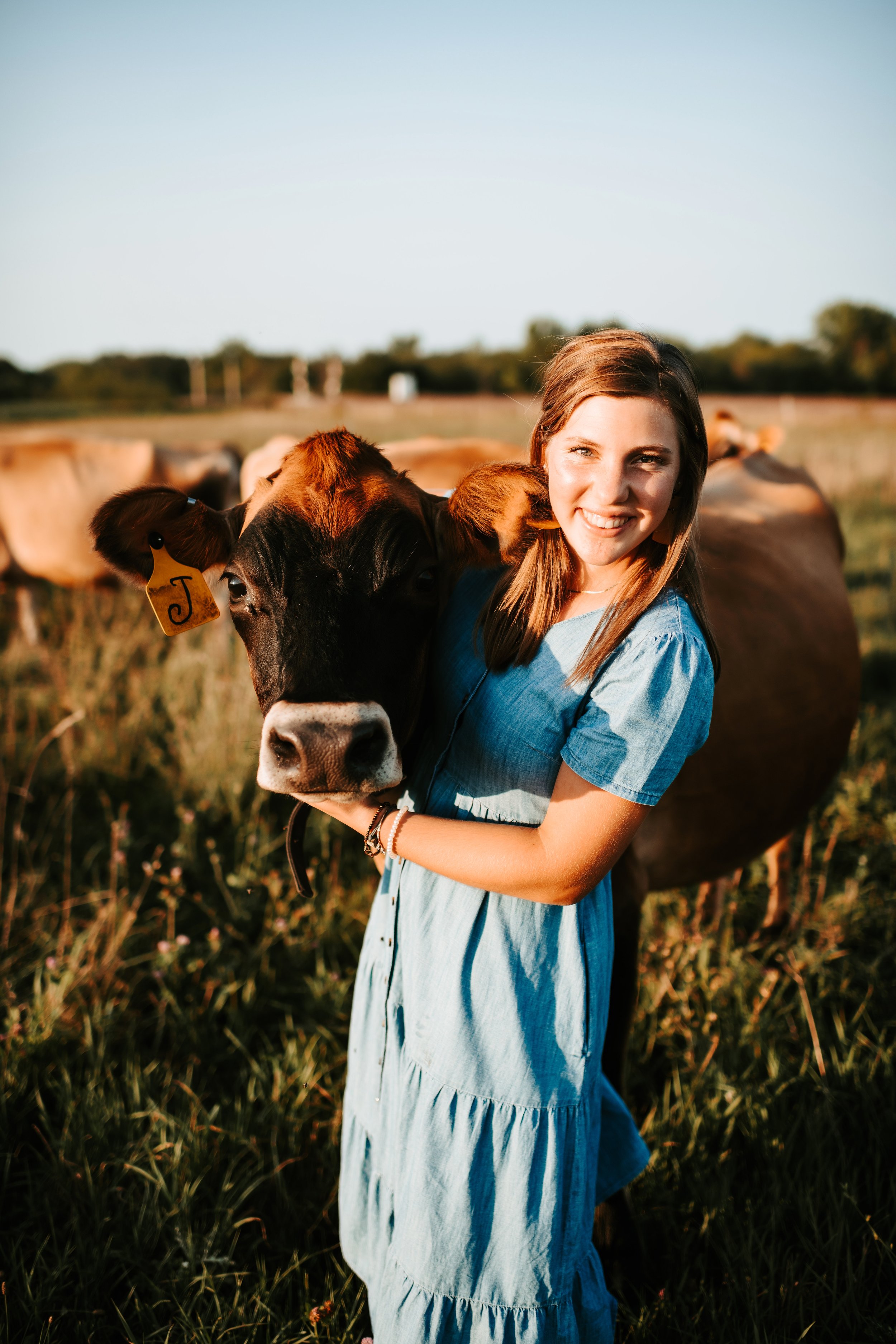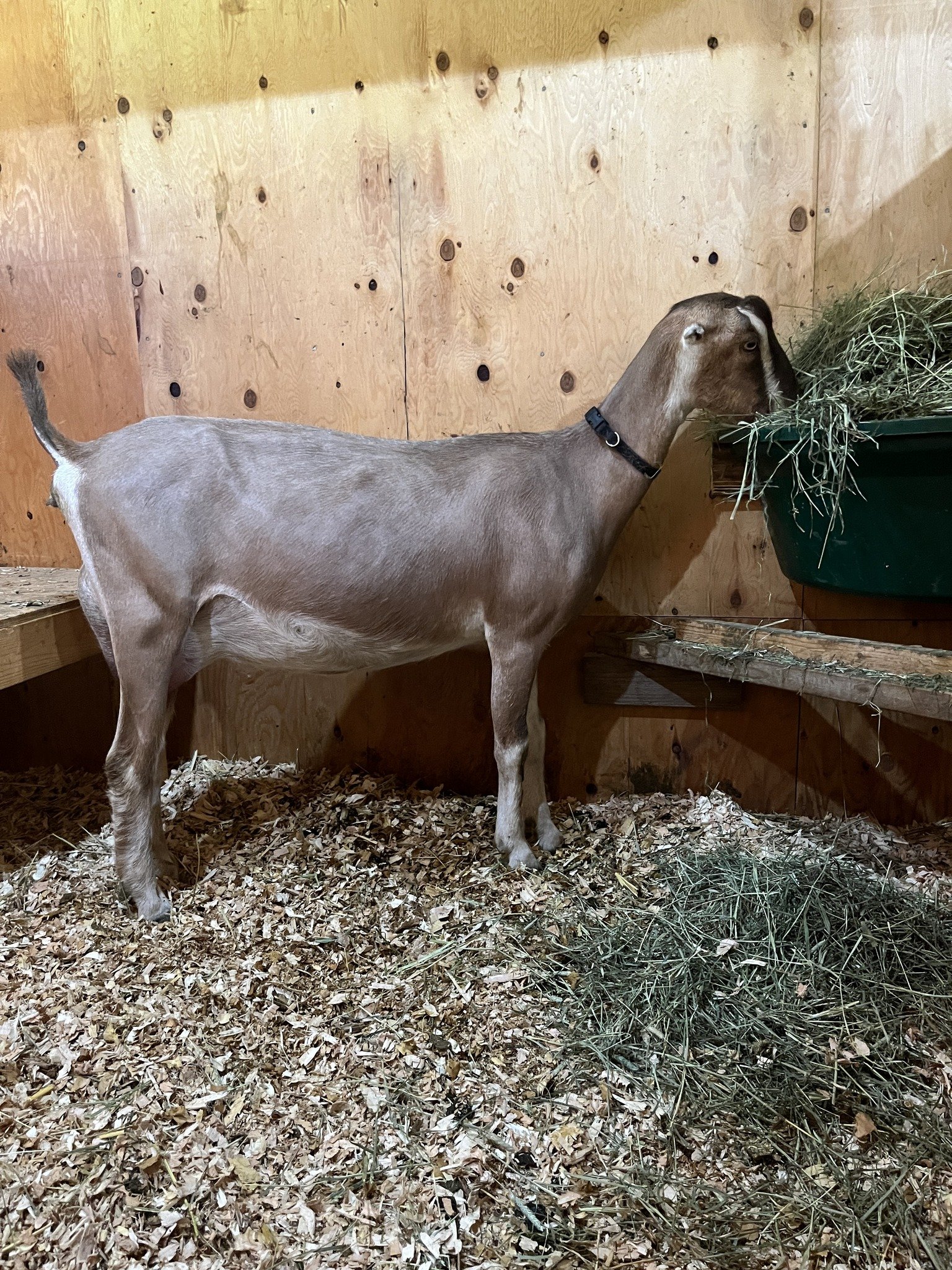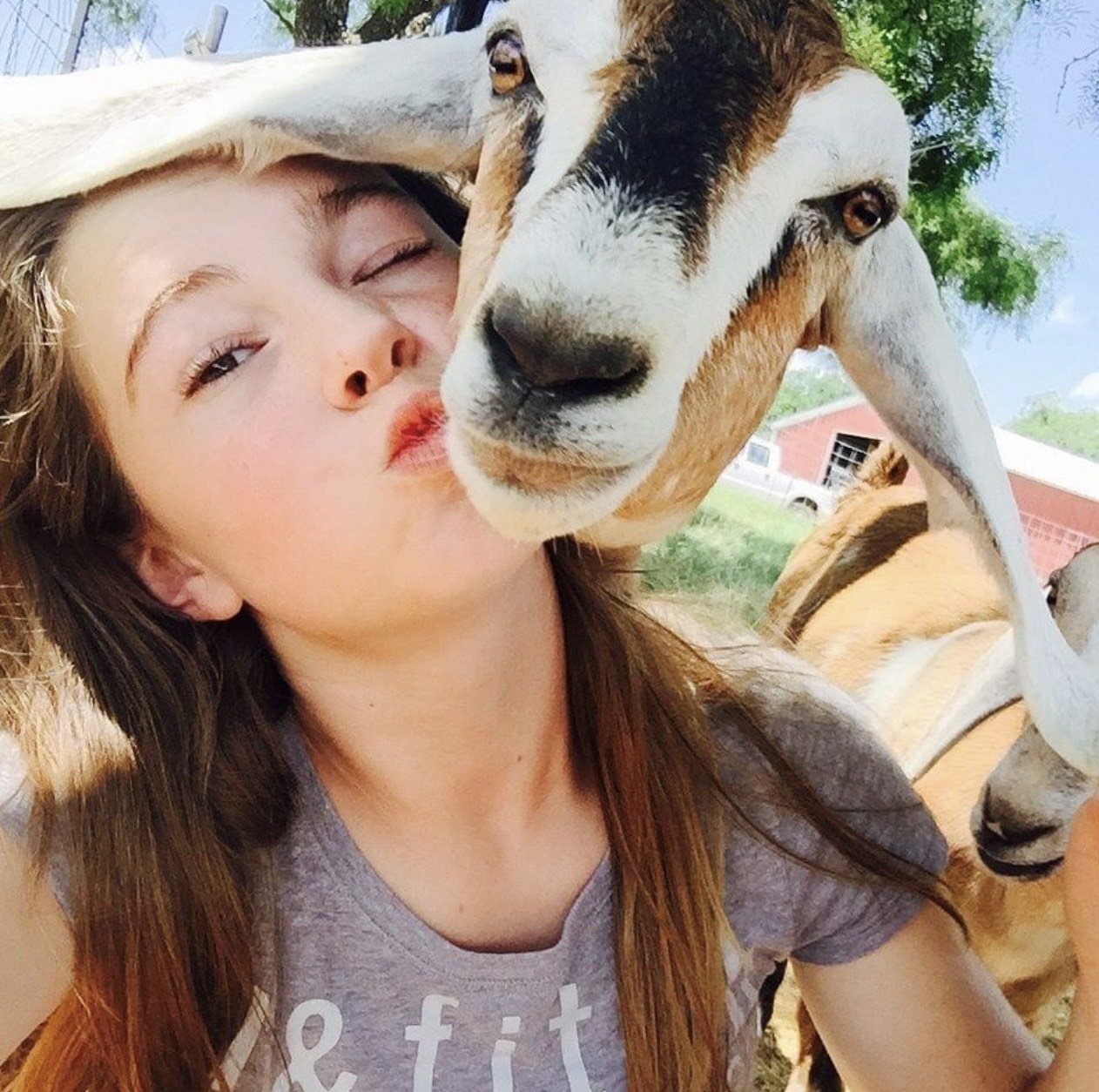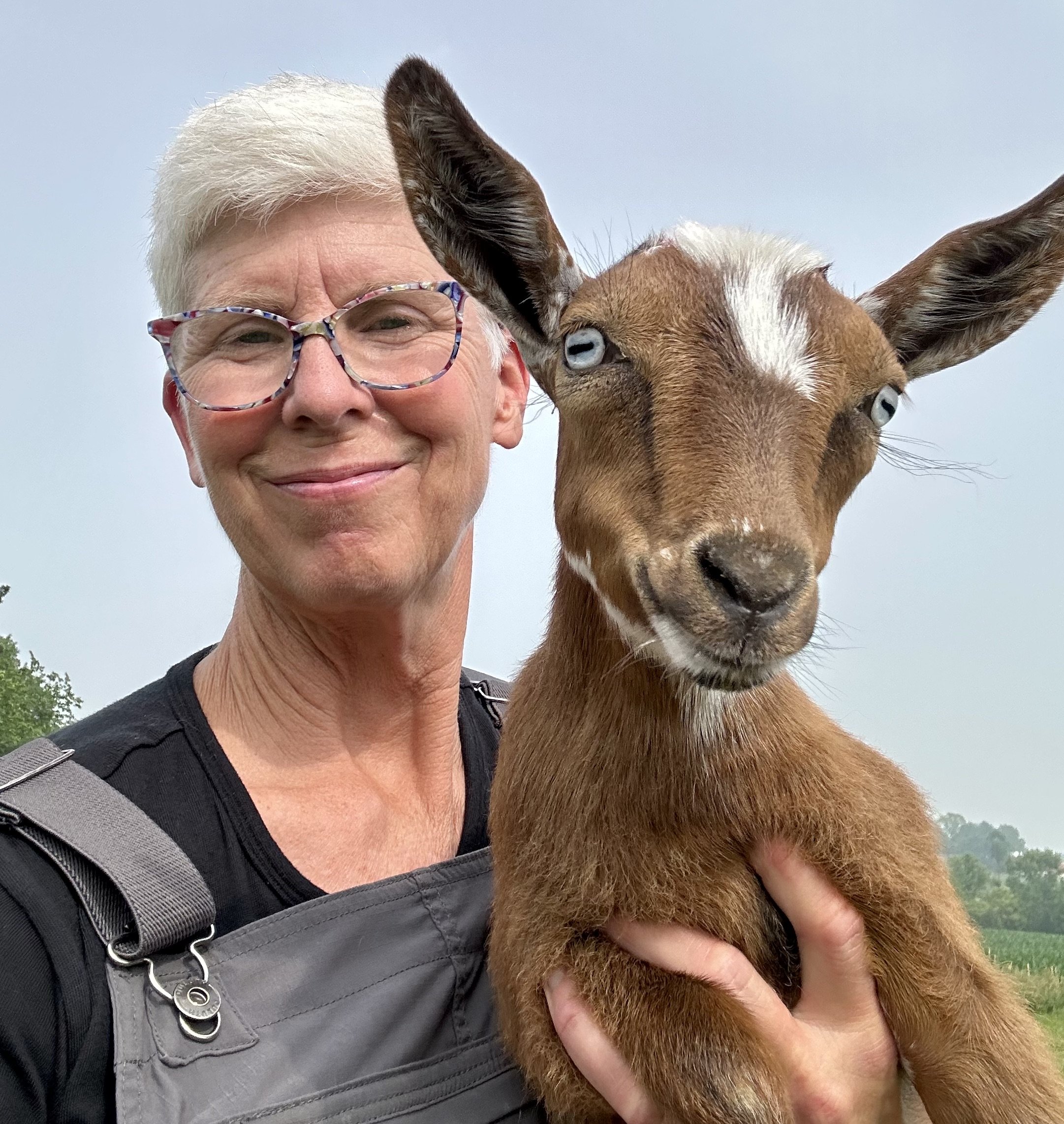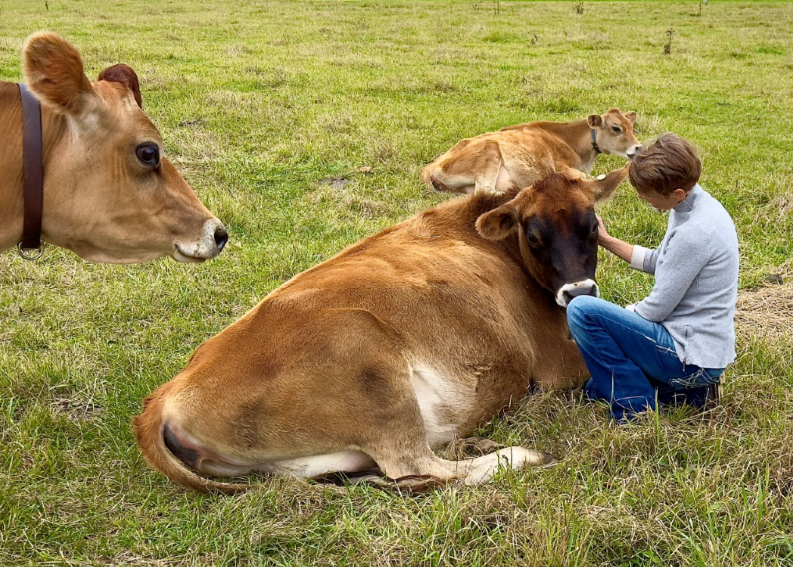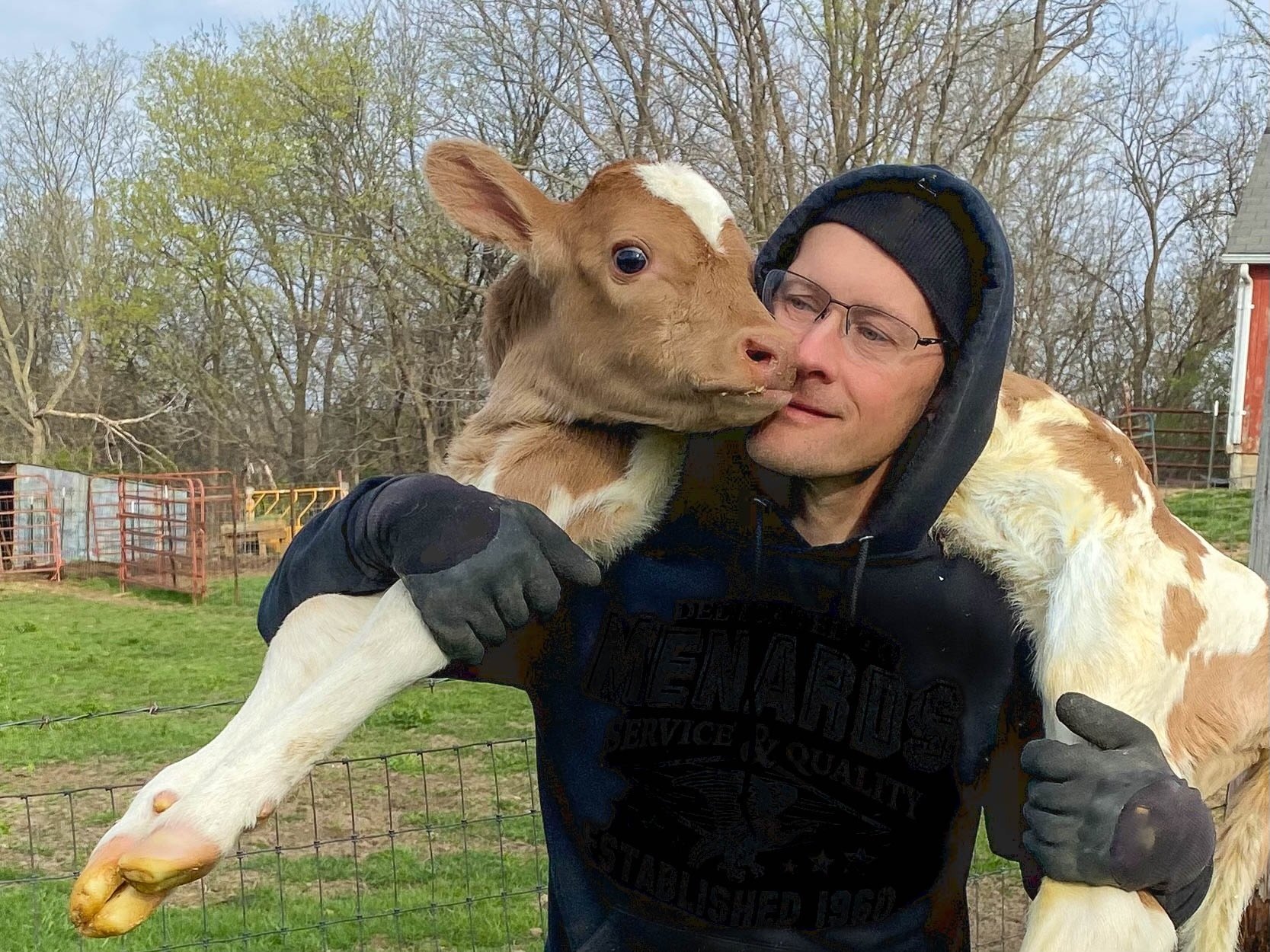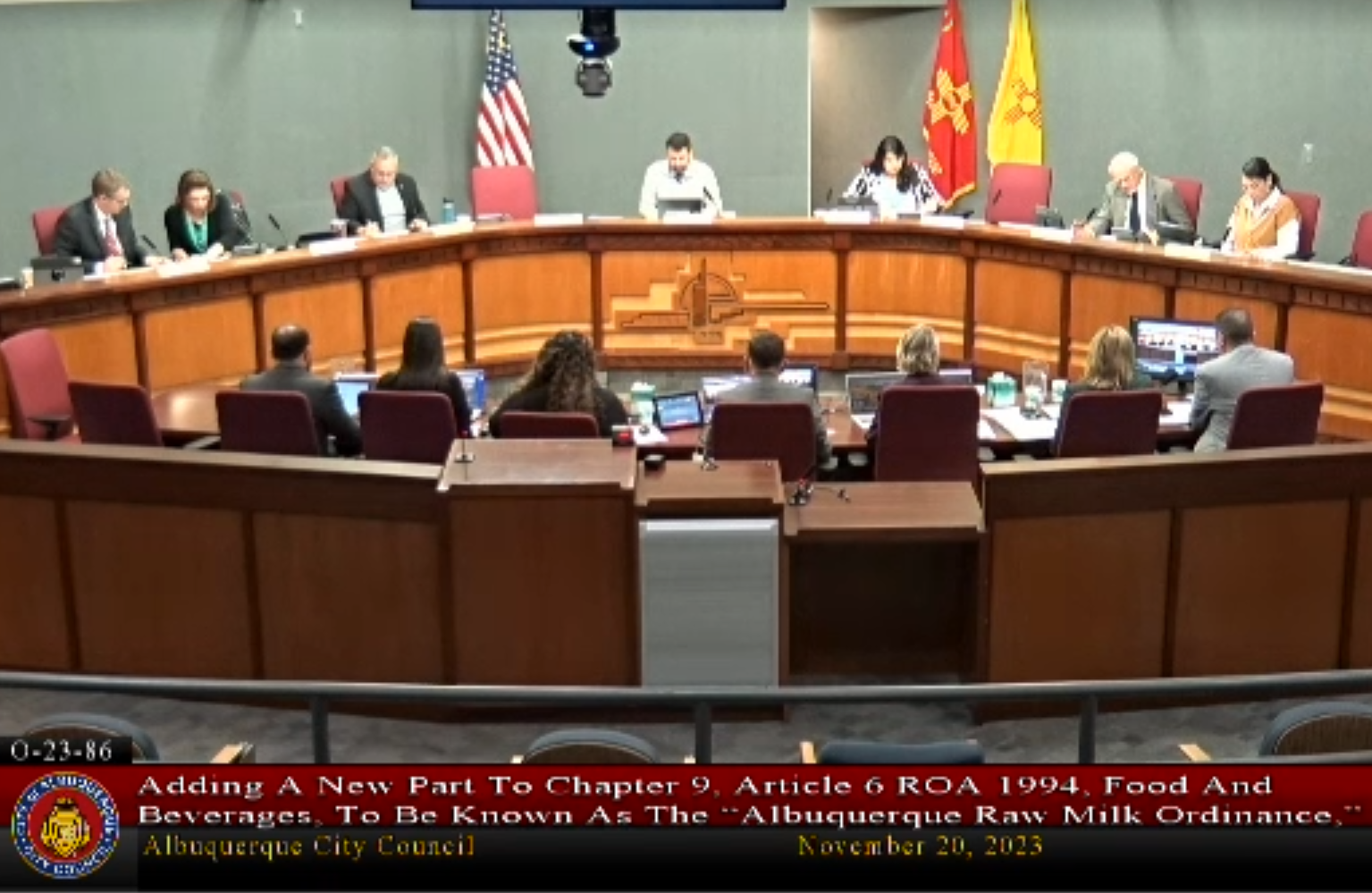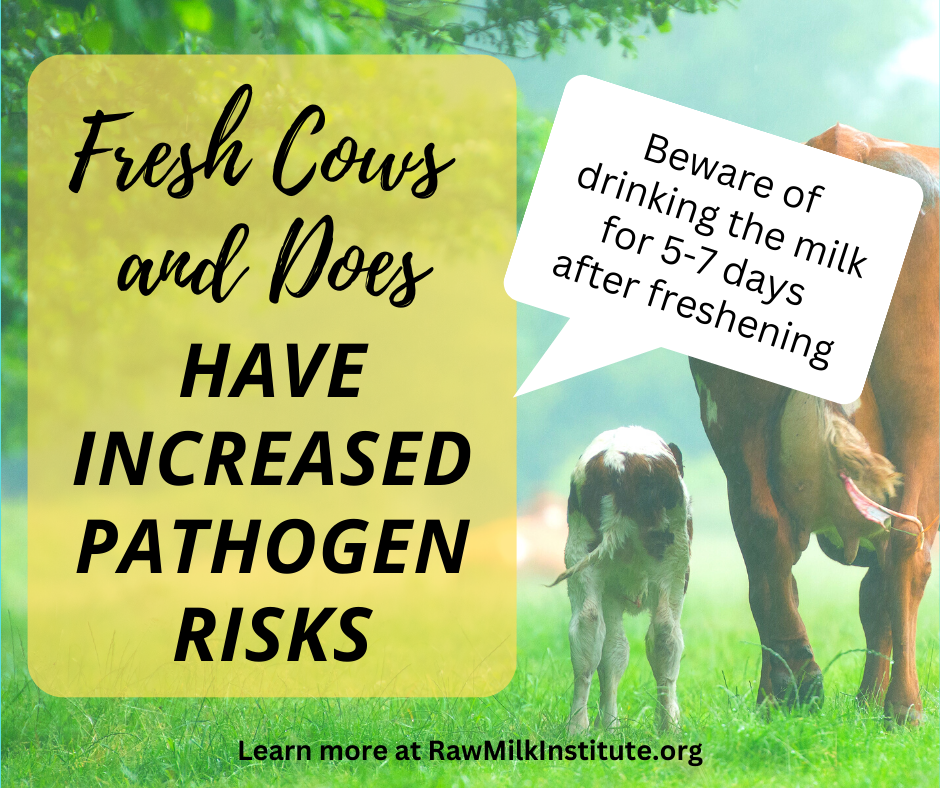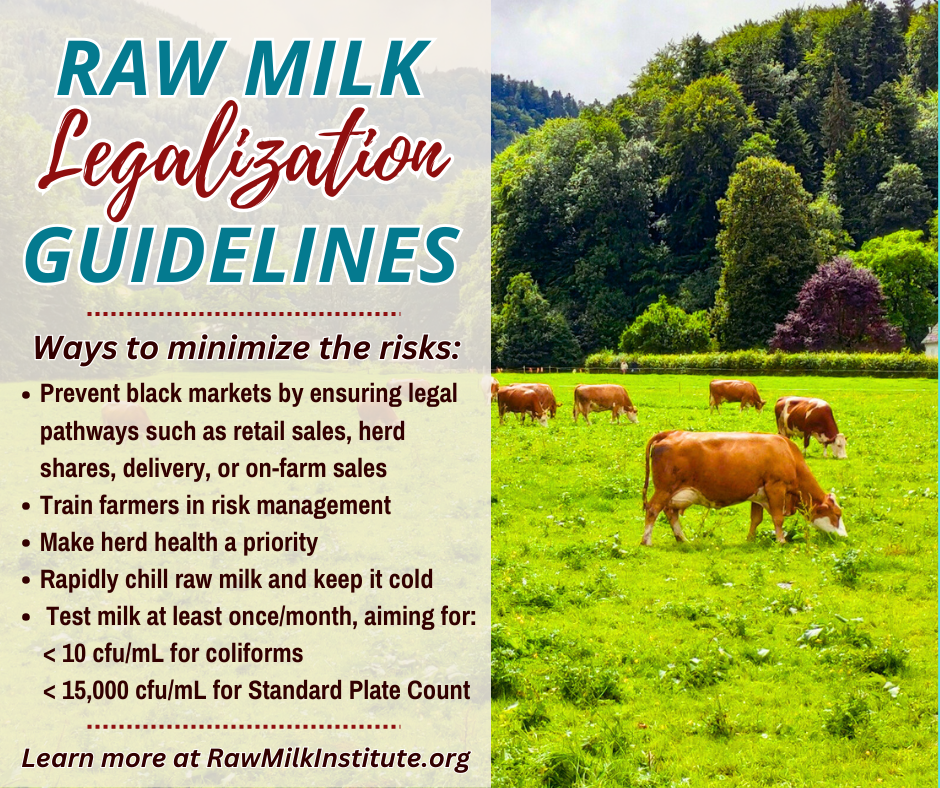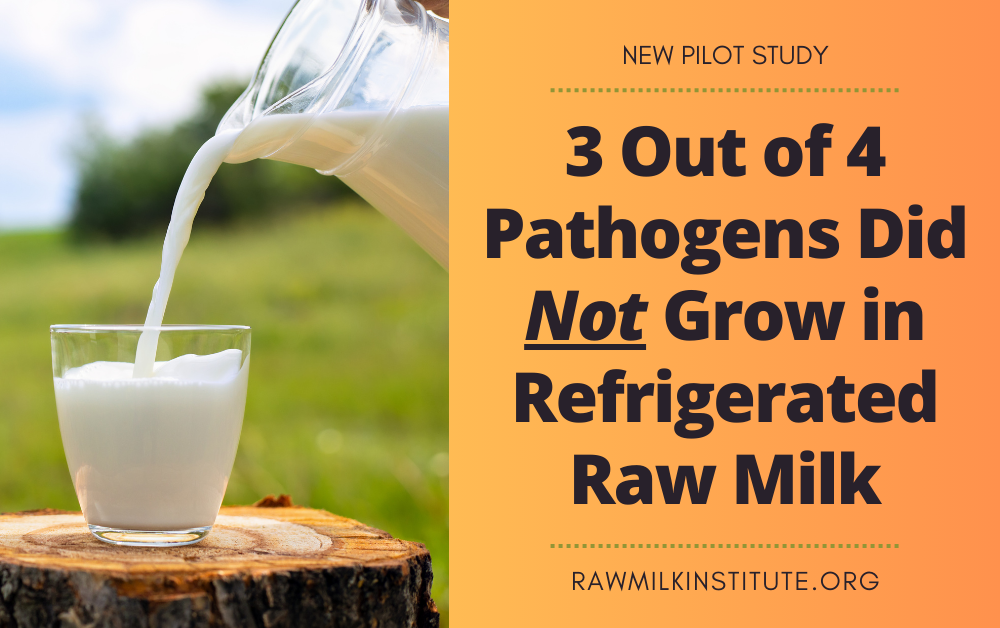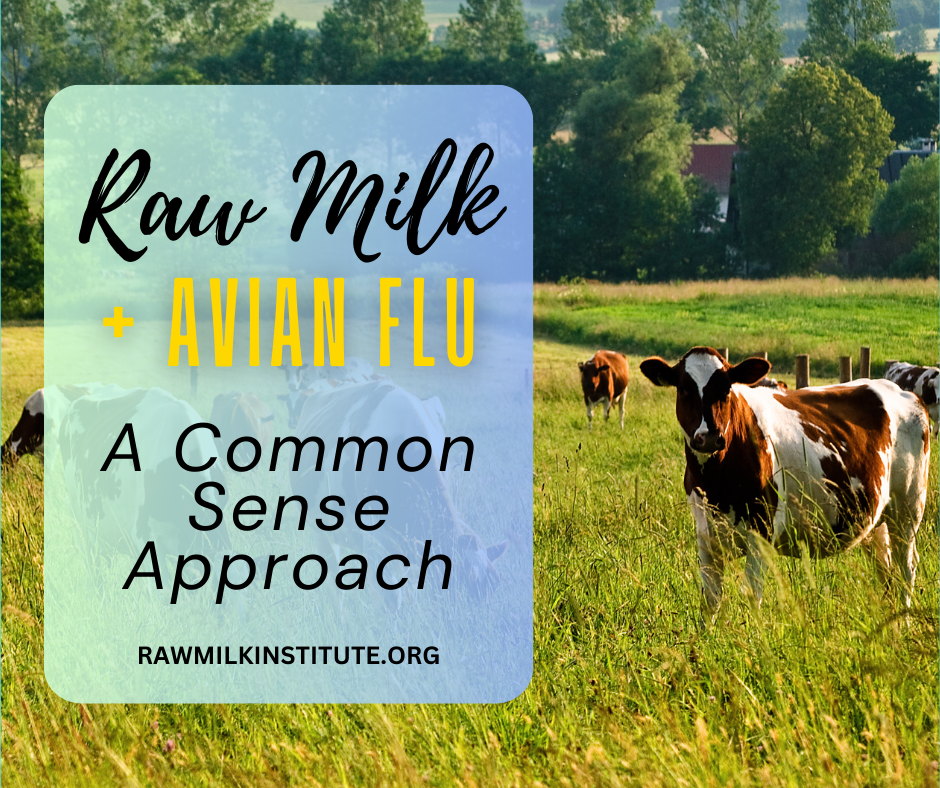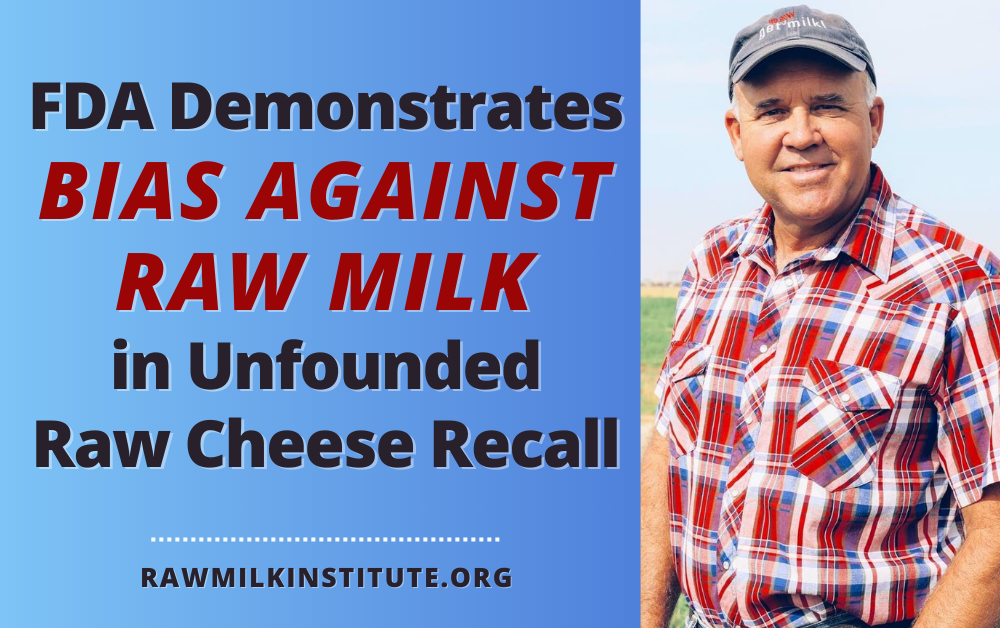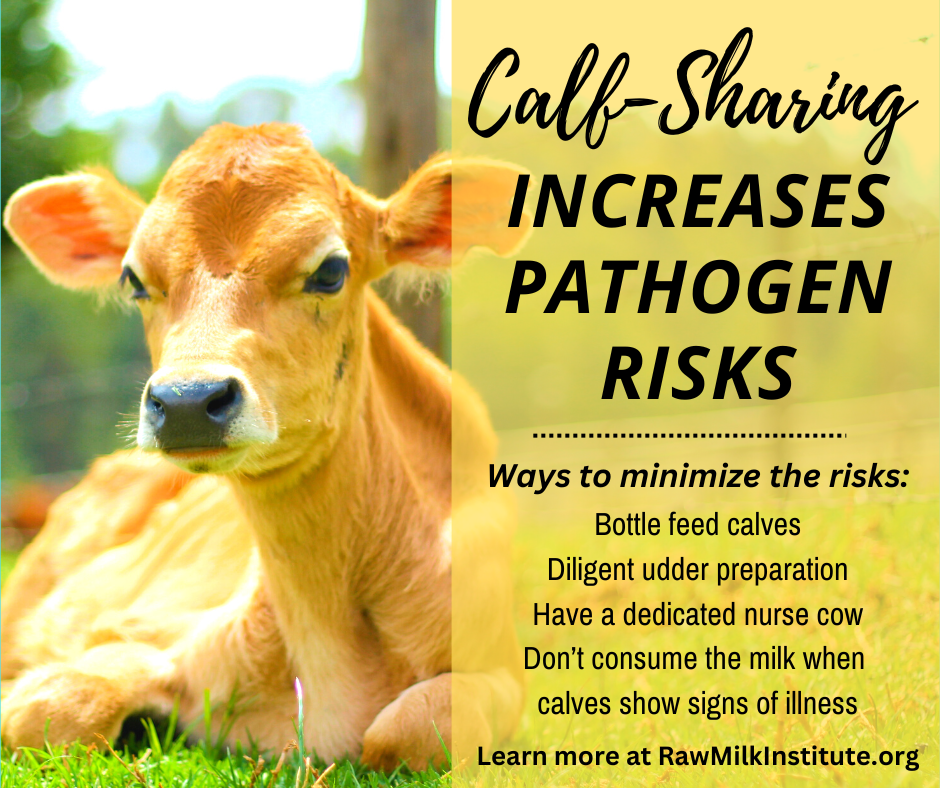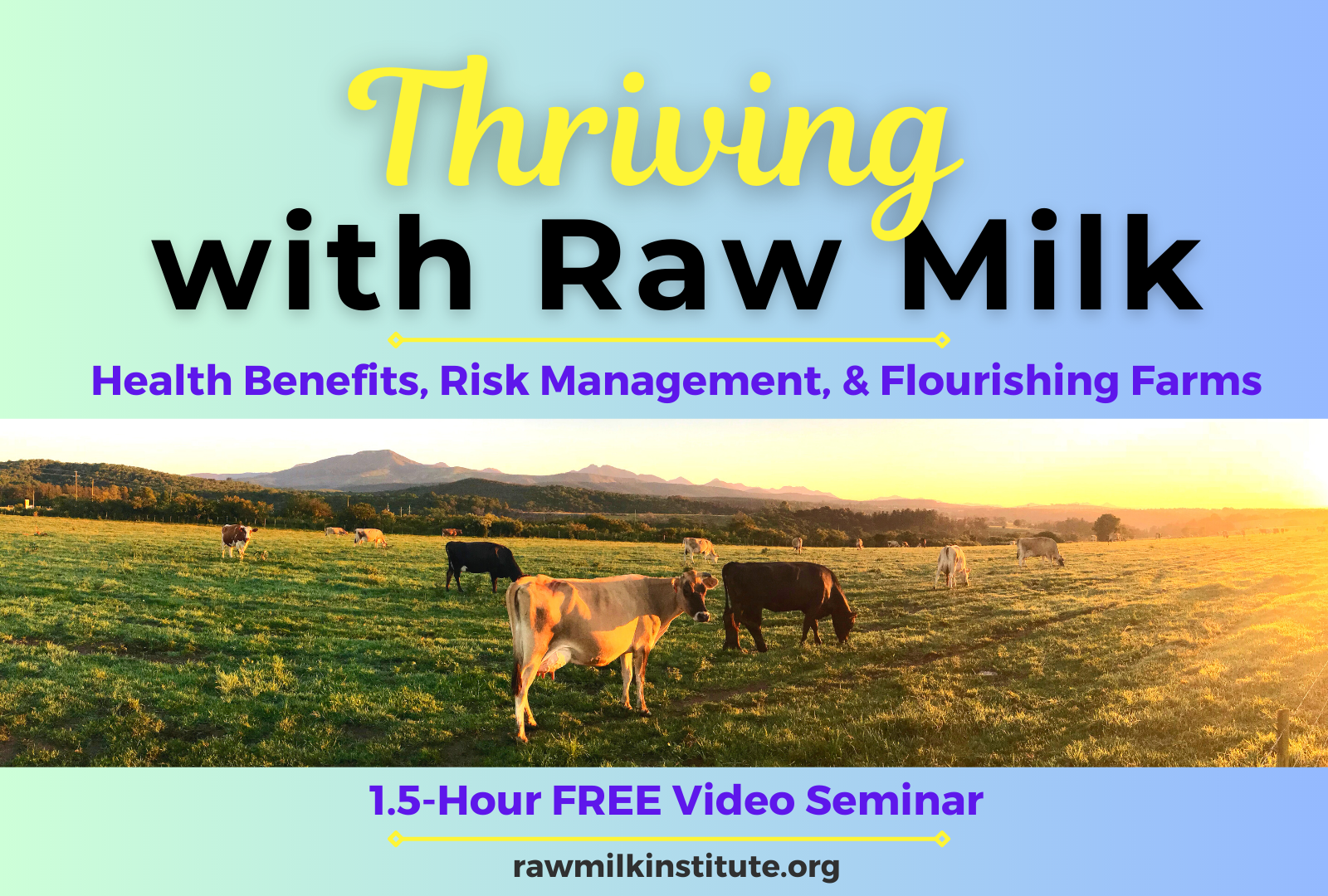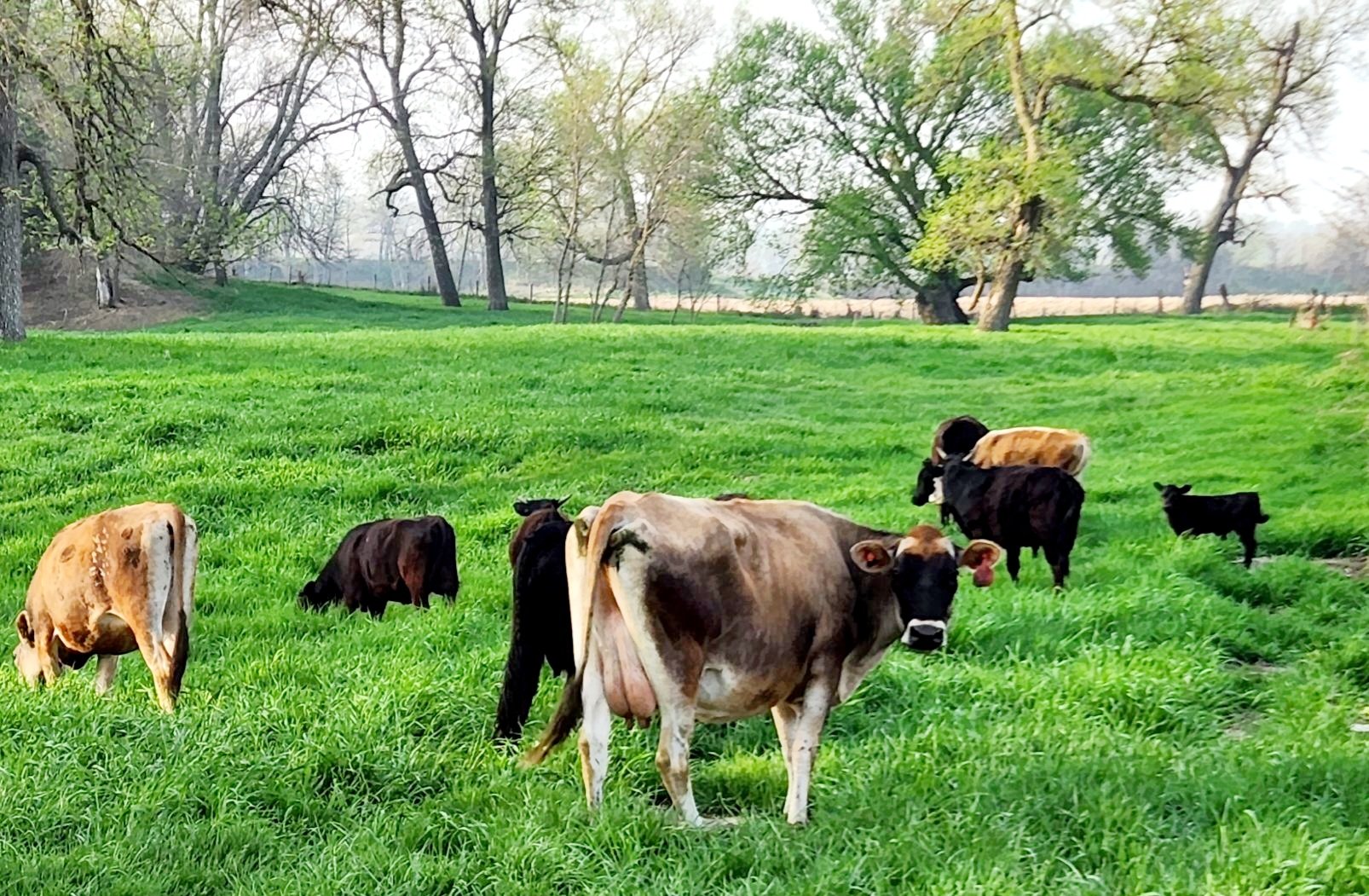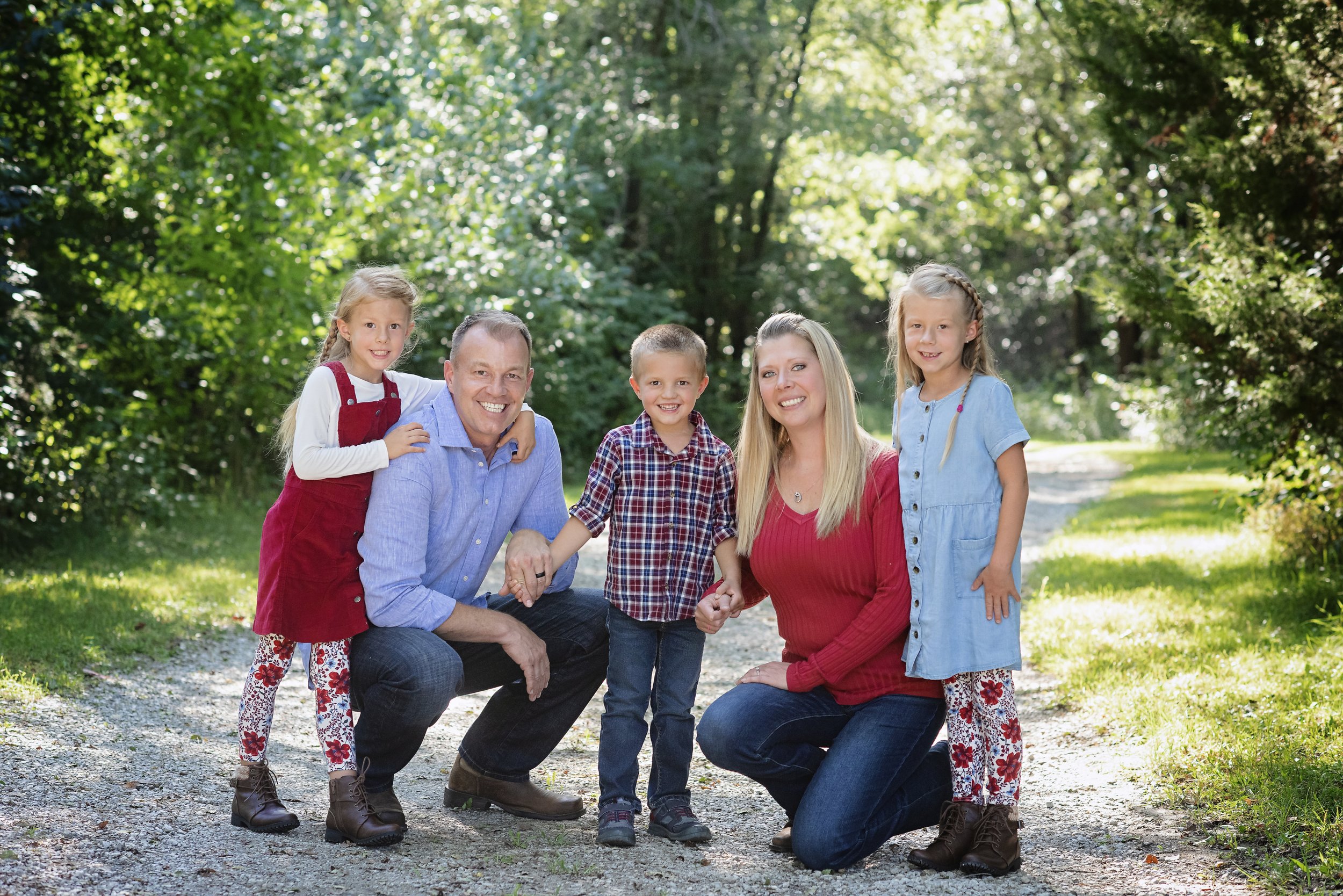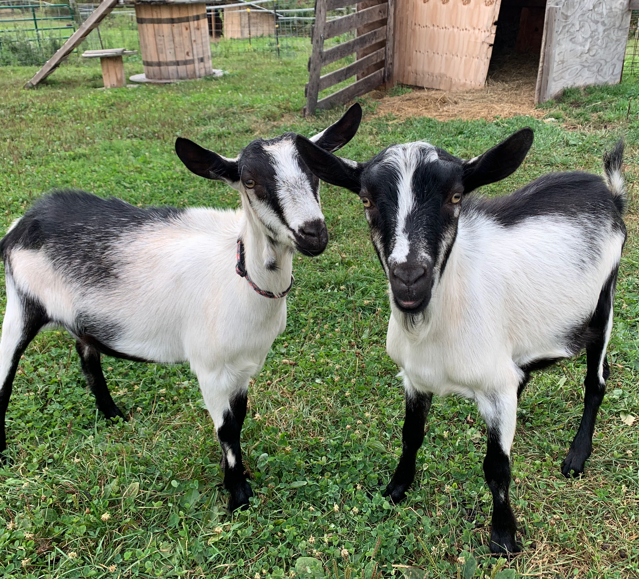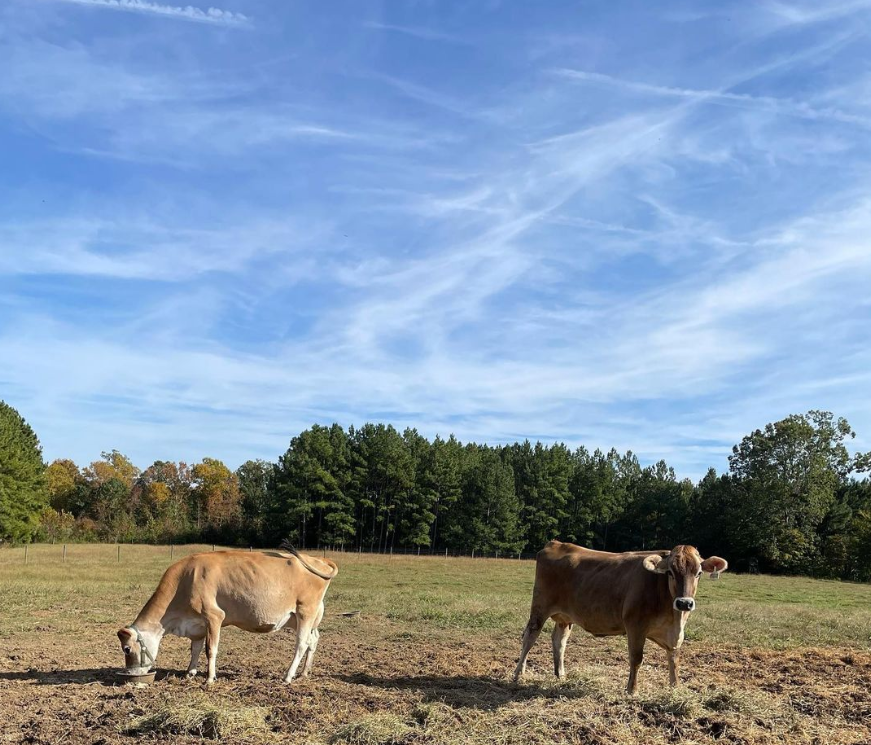When researchers analyzed the CDC’s U.S. outbreak data for 2005–2020 from all transmission sources, they found that there is no trend of increasing raw milk illnesses associated with increased raw milk legalization. The analysis, published in the Journal of Epidemiology and Global Health, looked for trends in the burden of infectious disease and foodborne outbreaks.
Fatal Foodborne Illnesses From 2005-2020
Interestingly, the researchers found that fatal foodborne illnesses were dominated by fruits, vegetables, peanut butter, and pasteurized dairy. If government agencies were really concerned with targeting foods that cause the most illnesses, they would be banning cantaloupe! Instead, they continue to demonize raw milk.
Foods associated with U.S. outbreaks reporting more than 2 deaths (2005–2020)
Illnesses and Outbreaks from Pasteurized and Raw Milks
The researchers also compiled illness and outbreak data to compare pasteurized and raw milk. “A total of 3,807 illnesses were reported for fluid milk. Both raw and pasteurized milk were associated with outbreaks, illnesses, hospitalizations, and deaths over the 16-year period, with raw milk associated with 162 outbreaks, 1,696 illnesses, 170 hospitalizations, and 2 deaths in 37 of 50 U.S. states, and pasteurized milk associated with 18 outbreaks, 2,111 illnesses, 32 hospitalizations, and 4 deaths.”
Numbers illnesses, outbreaks, hospitalizations, and deaths by year for unpasteurized (raw) and pasteurized milk (2005–2020)
It is clear that pasteurization of milk is no guarantee of perfect safety. There is no such thing as a perfectly safe food.
Illnesses Do Not Increase with Legalization of Raw Milk
The researchers performed several different analyses to determine whether raw milk-attributed illnesses and outbreaks are increasing. Even though legalization of raw milk increased over the 16-year study period, “raw milk-attributed illnesses and outbreaks did not increase over the period.”
Raw Milk is Not Inherently Dangerous
According to the researchers, “Claims that raw milk is inherently dangerous appear founded in ideology and dogmas based on late 19th-century science, not the recent data.”
Furthermore, “CDC NORS data do not support the claim that raw milk is an inherently dangerous food. Nor do current microbiology data support this claim, as data from monitoring programs for raw milk produced for direct human consumption are rarely positive for the presence of any of the major foodborne pathogens (≤ 0.01% positive).”
RAWMI Method for Low-Risk Raw Milk
Here at the Raw Milk Institute, we know that raw milk can help people achieve robust health with strong immune systems and resistance to asthma and allergies. However, those benefits can be overshadowed if farmers aren’t diligent about managing the real food safety risks that accompany raw milk. Ethical farmers need to take these risks seriously and work actively to mitigate them.
The three pillars of the Raw Milk Institute Method for safe, low-risk raw milk are:
An individualized risk management plan for each farm
Ongoing bacterial testing for Coliforms and Standard Plate Count, aiming for rigorous-yet-achievable standards
Although there is no way to guarantee perfectly safe food, the RAWMI Method dramatically reduces the risk of illness from consumption of raw milk.
Researchers from Canada and Europe have studied the safety of raw milk intended for direct human consumption. They found that raw milk can be a low-risk food when farmers are trained in risk management practices, implement careful production practices, and test their milk regularly. Researchers concluded that “raw milk can be produced with a high level of hygiene and safety.”
Where to Learn More
You can read the full study here: https://link.springer.com/article/10.1007/s44197-024-00216-6
RAWMI extends thanks to Michele Stephenson, Peg Coleman, and Nicholas Azzolina for this important perspective on foodborne illnesses.



















